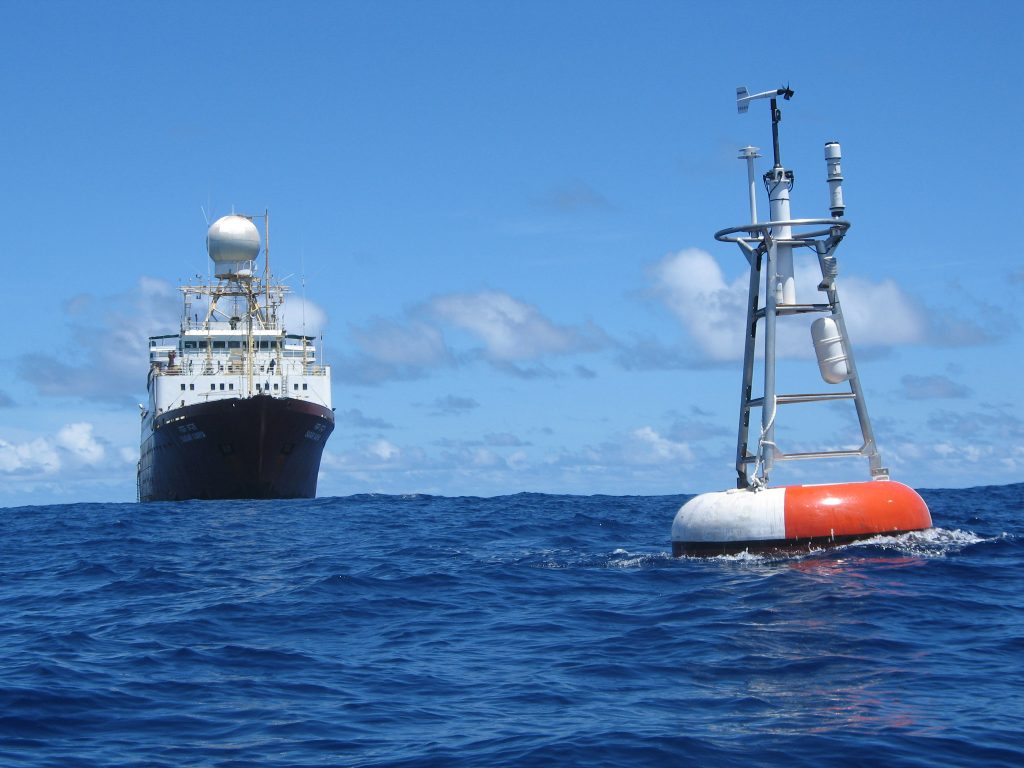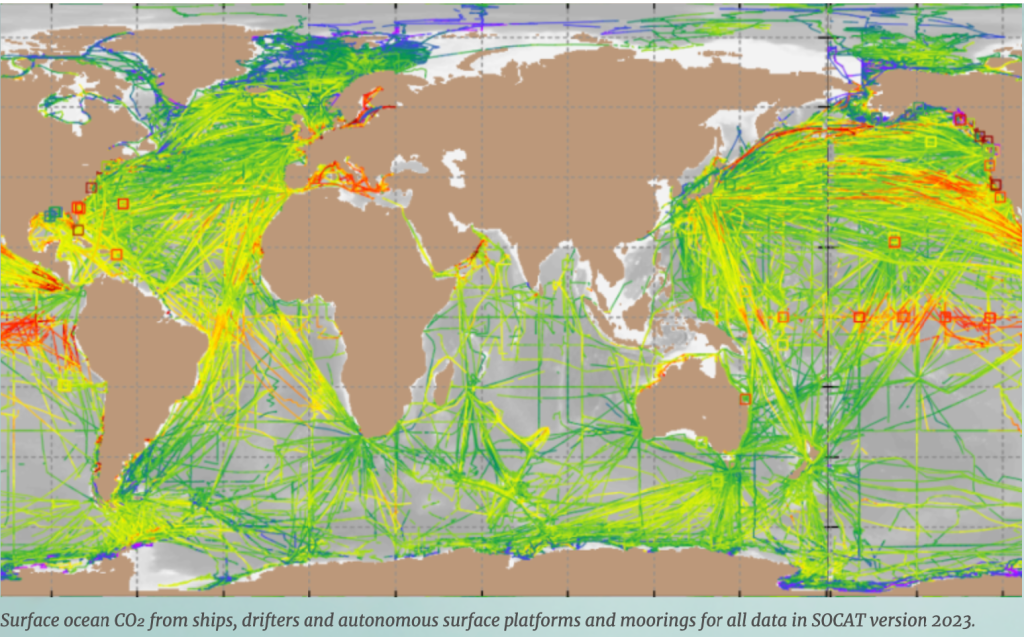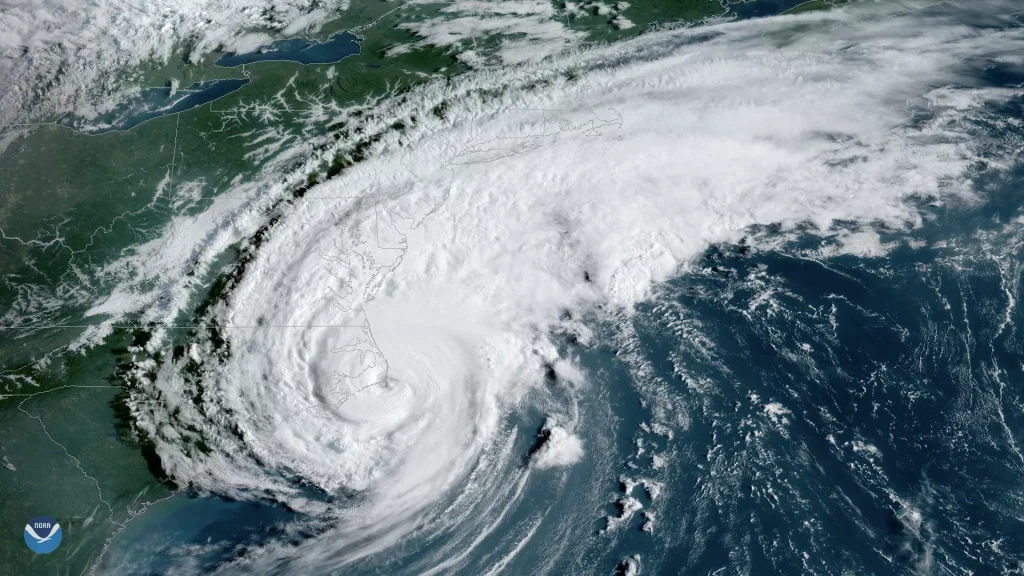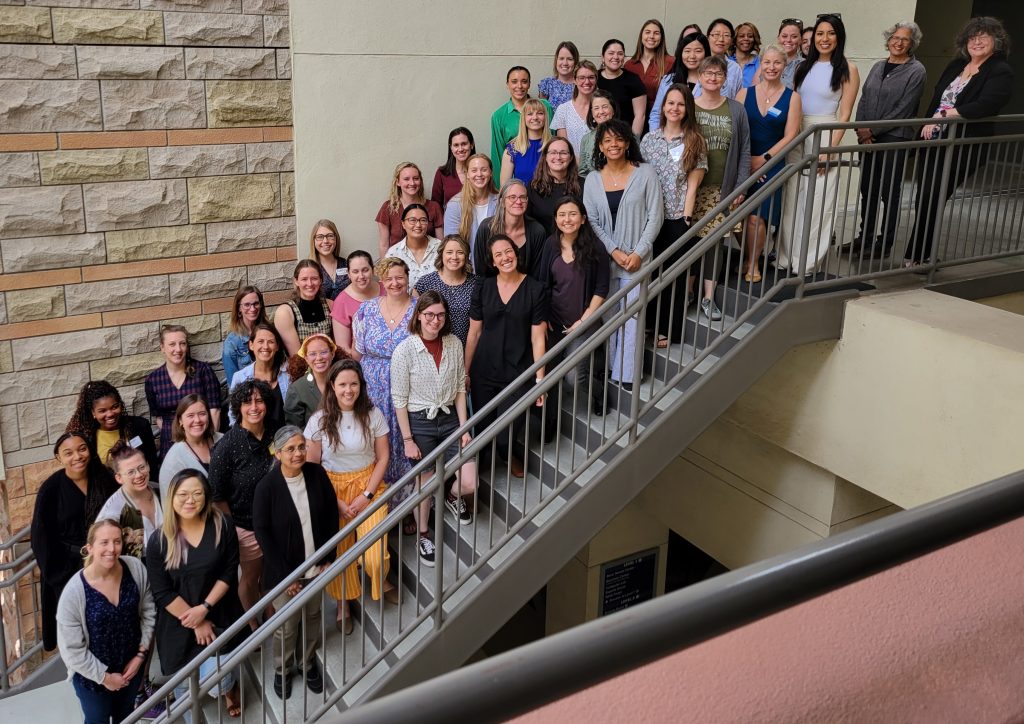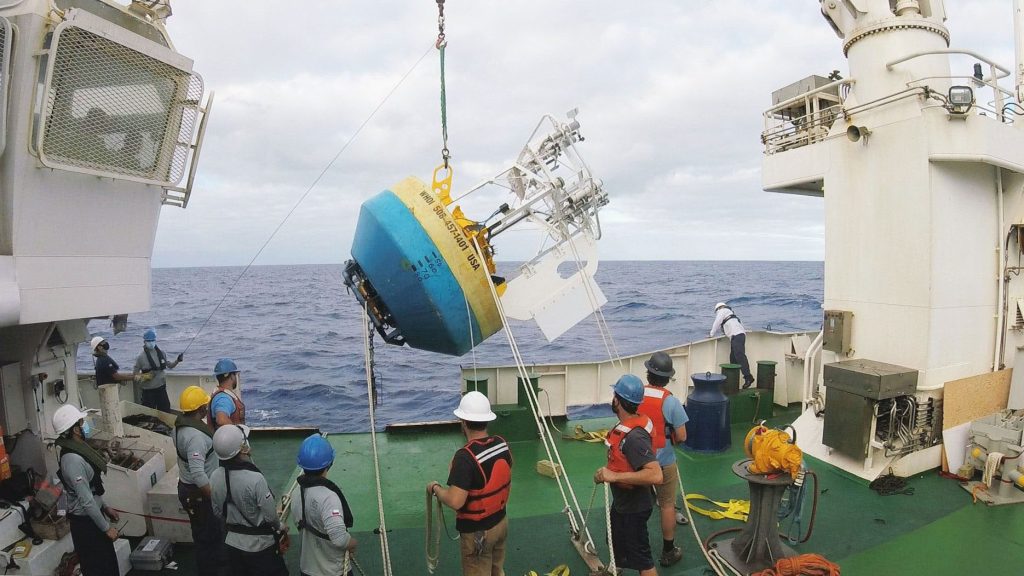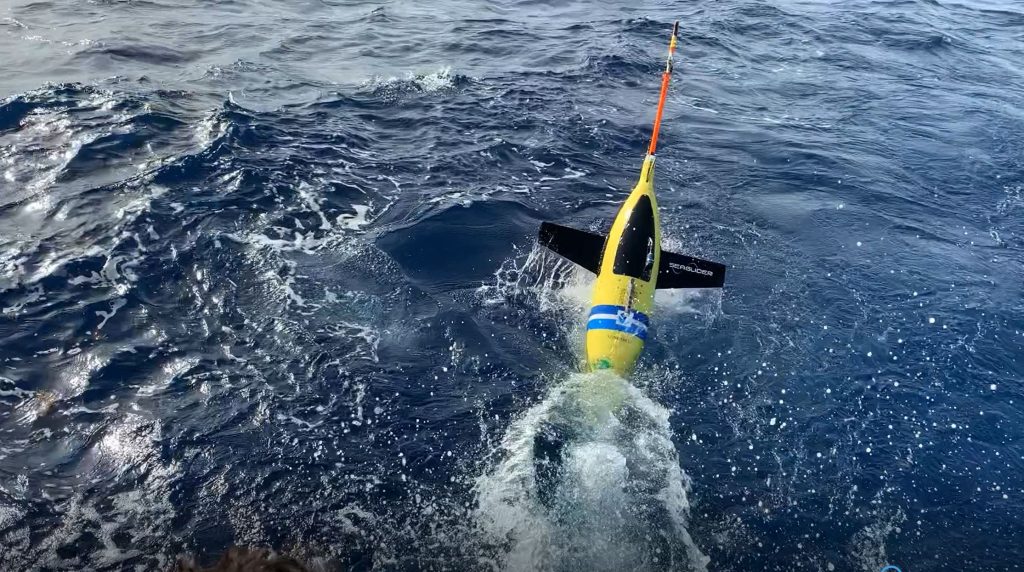Recent “Triple-Dip” La Niña upends current understanding of ENSO
Repost of original story posted by NOAA Research on November 7, 2023. With the current El Niño in full force, researchers are still puzzling over the 2020–2023 La Niña that upended current understanding of El Niño Southern Oscillation (ENSO) dynamics. The three consecutive years of La Niña conditions – a rare “triple-dip” phenomenon – had widespread impacts […]
Recent “Triple-Dip” La Niña upends current understanding of ENSO Read More »
